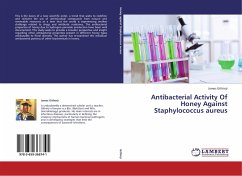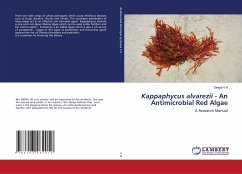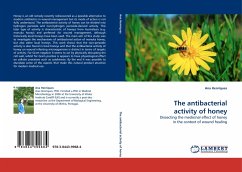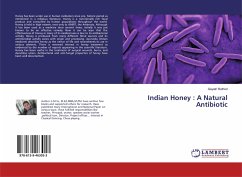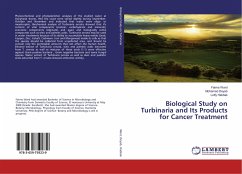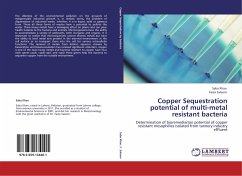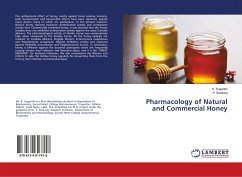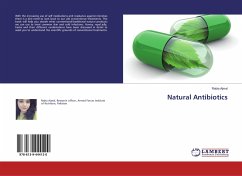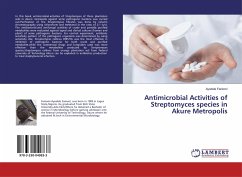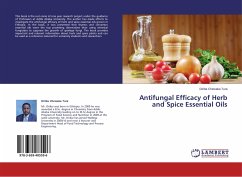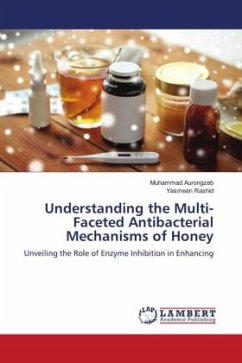
Understanding the Multi-Faceted Antibacterial Mechanisms of Honey
Unveiling the Role of Enzyme Inhibition in Enhancing
Versandkostenfrei!
Versandfertig in 6-10 Tagen
29,99 €
inkl. MwSt.

PAYBACK Punkte
15 °P sammeln!
The medicinal properties of honey, long recognized in traditional remedies, are experiencing a resurgence in modern medicine. Despite its well-documented antibacterial activity, the precise mechanisms remain unclear, including the involvement of honey proteins in this action and their interaction with pathogenic organisms. We have utilized various types of honey to ascertain their antibacterial and antifungal properties, as well as their inhibition activity against peroxidase enzymes. Furthermore, I extracted and characterized the proteins from honey samples, forming a hypothesis that honey, c...
The medicinal properties of honey, long recognized in traditional remedies, are experiencing a resurgence in modern medicine. Despite its well-documented antibacterial activity, the precise mechanisms remain unclear, including the involvement of honey proteins in this action and their interaction with pathogenic organisms. We have utilized various types of honey to ascertain their antibacterial and antifungal properties, as well as their inhibition activity against peroxidase enzymes. Furthermore, I extracted and characterized the proteins from honey samples, forming a hypothesis that honey, containing glucose oxidase, produces hydrogen peroxide, known for its antibacterial effects. While previous literature suggests honey's action against microorganisms that possess catalase or peroxidase enzymes, which neutralize hydrogen peroxide, my hypothesis suggests the presence of a component in honey that inhibits catalase or peroxidase, thus protecting hydrogen peroxide and enhancing its antibacterial activity against catalase-producing cells or bacteria.





